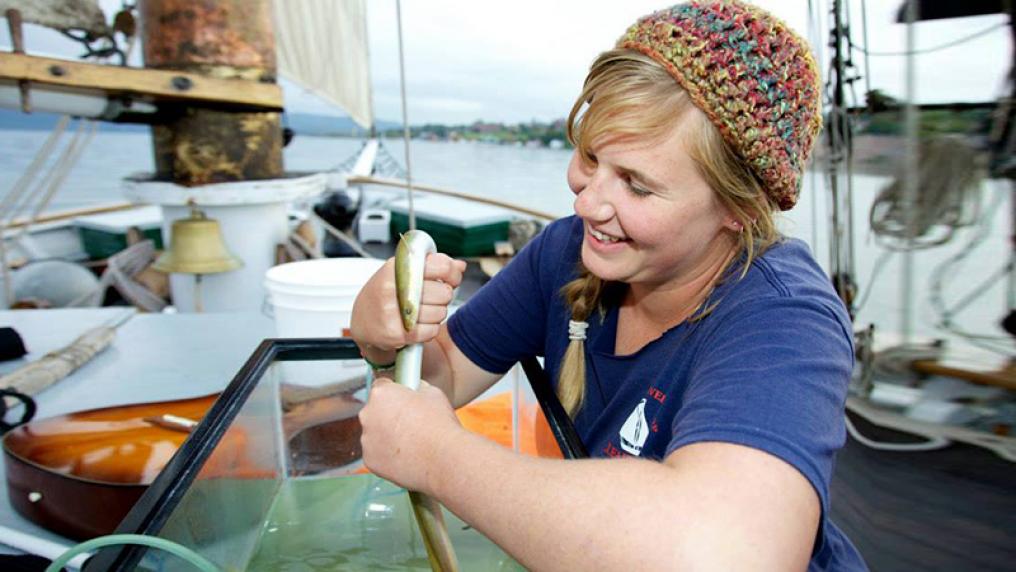Minimum entry criteria include:
- English-language requirements
- academic requirements.
Your work and life experience will also be considered.
To find specific entry requirements for this course, please select the section below that is most relevant to you.
Meeting the minimum entry criteria does not guarantee entry into this course.
This information is relevant if, in the 2 years prior to studying with us, you have completed (or will complete) one of the following:
- Australian Senior Secondary Certificate (e.g. VCE)
- an Australian or overseas equivalent to VCE
- an International Baccalaureate (IB).
Admission criteria
N/A
This information is relevant if you have completed an accredited award (such as a certificate or diploma) at an Australian Registered Training Organisation (usually a TAFE, polytechnic or other registered VET institute).
Admission criteria
N/A
This information is relevant if you’ve previously completed all or part of a university or other higher-education course.
Admission criteria
Completion of an Australian Bachelor degree (or equivalent) with major studies in a relevant discipline. These disciplines include Biomedical Sciences, Built Environment, Dermal Sciences, Environmental Sciences, Health Sciences, Nursing, Midwifery, Nutrition, Osteopathy, Paramedicine, Physiotherapy, Science, Sport and Exercise Sciences.
PLUS
Have achieved an average mark of at least 65 (Credit) or equivalent in their final year of undergraduate degree study. An applicant will ideally have attained a Distinction (D) or High Distinction (HD) in units of study related to the intended discipline of Honours study.This information is relevant if you left secondary school more than two years ago and haven’t studied since.
Admission criteria
N/A
Special entry programs
Special admission programs
If you are from a disadvantaged or underrepresented social, economic or cultural background, you may be eligible for one of our special admission programs. These programs are designed to help you access education more easily.
Learn more about special admission programs
VU Early Entry
If you're currently in Year 11 or 12, our exclusive VU Early Entry program comes with a Conditional Offer to the course of your choosing*, a personalised course plan, special events, exclusive discounts and access to one-on-one course advice.
*Conditions apply.
Learn more about VU Early Entry
Additional information
Admission into the Honours course will normally occur not more than two years after the completion of the Bachelor degree.






